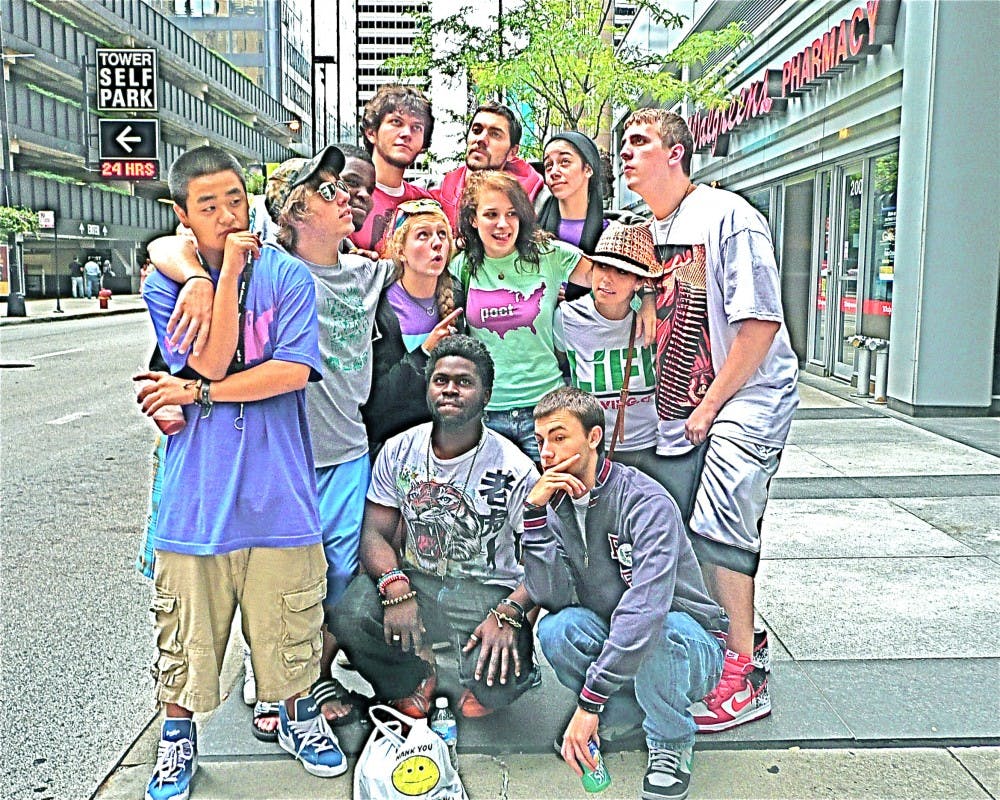Chapel Hill’s Sacrificial Poets breathe new life into an ancient art form.
The oral tradition of reciting poetry dates back thousands of years — before written language or printing presses, when stories were crafted in poetic form, memorized and recited before crowds.
UNC senior Will McInerney is trying to revive that idea. Drawn to the spoken word, McInerney hopes to move a crowd with his words.
“We love art for art’s sake, but there are reasons why we choose this art form in that it has the ability to reach masses and it has the ability to make changes in society,” said McInerney, treasurer and associate director of the Sacrificial Poets.
The performing poets in his group conduct outreach workshops at area schools to inspire students to try poetry.
Recent UNC graduate and performer Kane Smego said they search for workshop plans that compliment the students’ curriculum.
In one workshop, the students were encouraged to tell the story of a civil rights activist from the point of view of an inanimate object, like a stool at a sit-in.
“If you can get someone at 15, 16 or 17 to be dedicated to their community and dedicated to social justice, then we’re coming a long way in the right direction,” McInerney said.
The group writes about a range of topics and covers a spectrum of human emotions. McInerney said his poems are mostly political in nature due to his upbringing — his mother worked for a political documentary filmmaker — and interest in politics as a peace, war and defense major.



